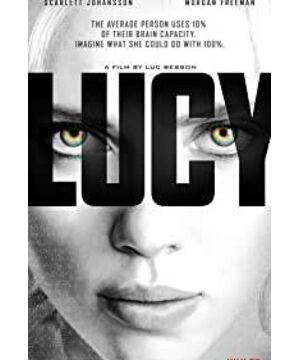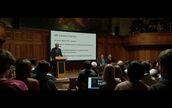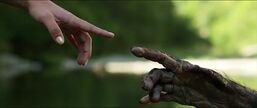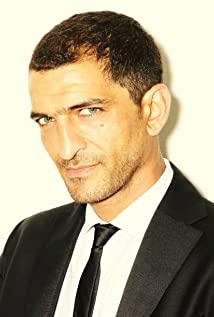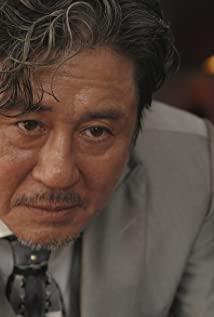Evolution and Human Brain Function
Professor Samuel Norman,MD,PhD
[1%]
If life starts approximatly a billion years ago, we will have to wait 400,000 years to see the aberration of the first nerve cells .This is where life as we know it begins. Brains in formation of only a few milligrams. It's not possible to determine any sign of intelligence yet. It acts more as a reflex. One neuron, you're alive. Two neurons, you 're moving, and with movement, interesting things begin to happen.
Animal life on earth goes back million of years. Yet most species only use 3% to 5% of its cerebral capacity. But it isn't until we reached human beings at the top of the animal chain that we finally see a species use more of its cerebral capacity.
[10%]
10% may not seem like much, but it's a lot if you look at all we've done with it.
Now let's discuss a special case. The only living being that uses its brain better than us. The dolphin. It is estimated that this incredible animal uses up to 20% of its cerebral capacity. In particular, this allows it to have an echolocation system that is more efficient than any sonar invented by mankind. But the dulphin did not invent the sonar, it develped it naturally. And this is the crucial part of our philosophical reflection we have today. Can we therefore conclude that humans are concerned more with having than being?
For primitive beings like us, life seems to have only one single purpose, gaining time. And it is going through time that seem to be also the only real purpose of each of cells in our bodies. To achieve that aim, the mass of the cells that make up earthworms and human being has only two solutions. Be immortal, or to reproduce. If its habitat is not sufficiently favorable or nurturing, the cell will choose immortality. In other words, self-sufficiency and self-management. On the other hand, if the habitat is favorable, they will choose to reproduce. That way, when they die, they hand down essential information and knowledge to the next cell, which hands it down to the next cell and so on. Thus, knowlegdge and learning are handed down through time.
[20%]
Let's imagine for a few moments what our life would be like if we could access, let's say, 20% of our brain's capacity. This first stage would give us access to and control of our own body.
//20% Cerebral Capacity
// Locate objects from a distance.
//Perceive on a broader spectrum of light,sound and electrical impluse.
//Access to our bodies metabolism to manage heartbeat, and cell production.
// prioritize repairs to damaged organs and cells.
100 billion neurons per human, of which only 15% are activated. There are more connections in the human body than there are stars in the galaxy. We possess a gigantic network of information to which we have almost no access.
View more about Lucy reviews


